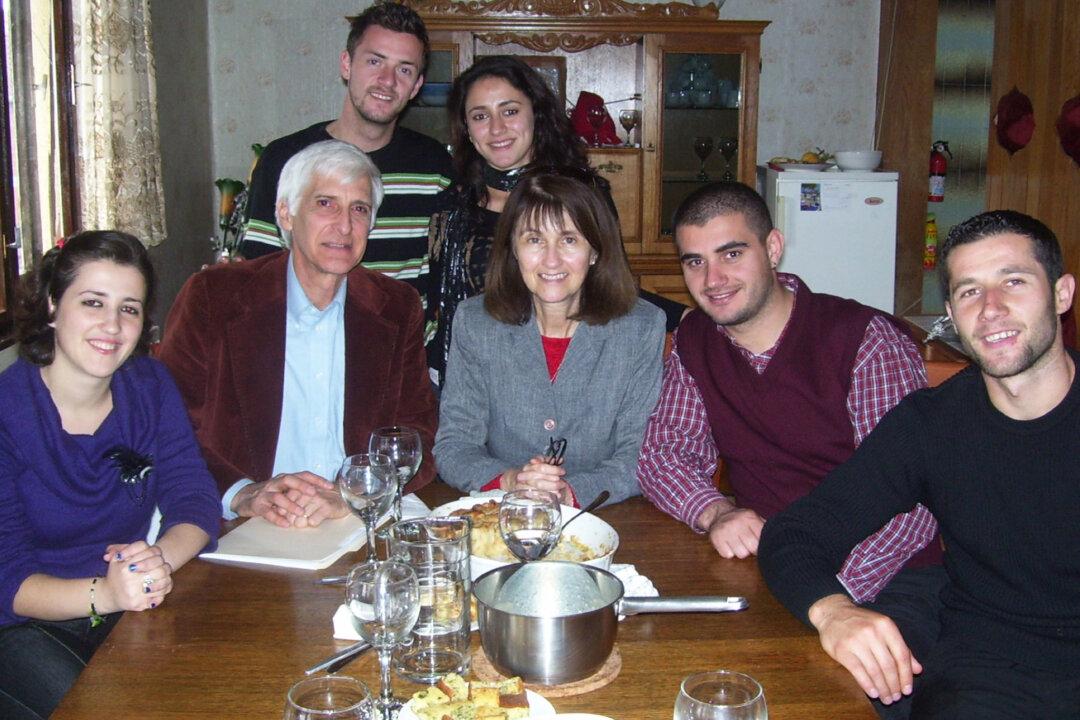Some volunteers of America won’t quit, even when they’re dying—or supposed to be as good as dead.
Such was the case with veteran American volunteers Bill and Susan Burtness of Illinois.

Some volunteers of America won’t quit, even when they’re dying—or supposed to be as good as dead.
Such was the case with veteran American volunteers Bill and Susan Burtness of Illinois.